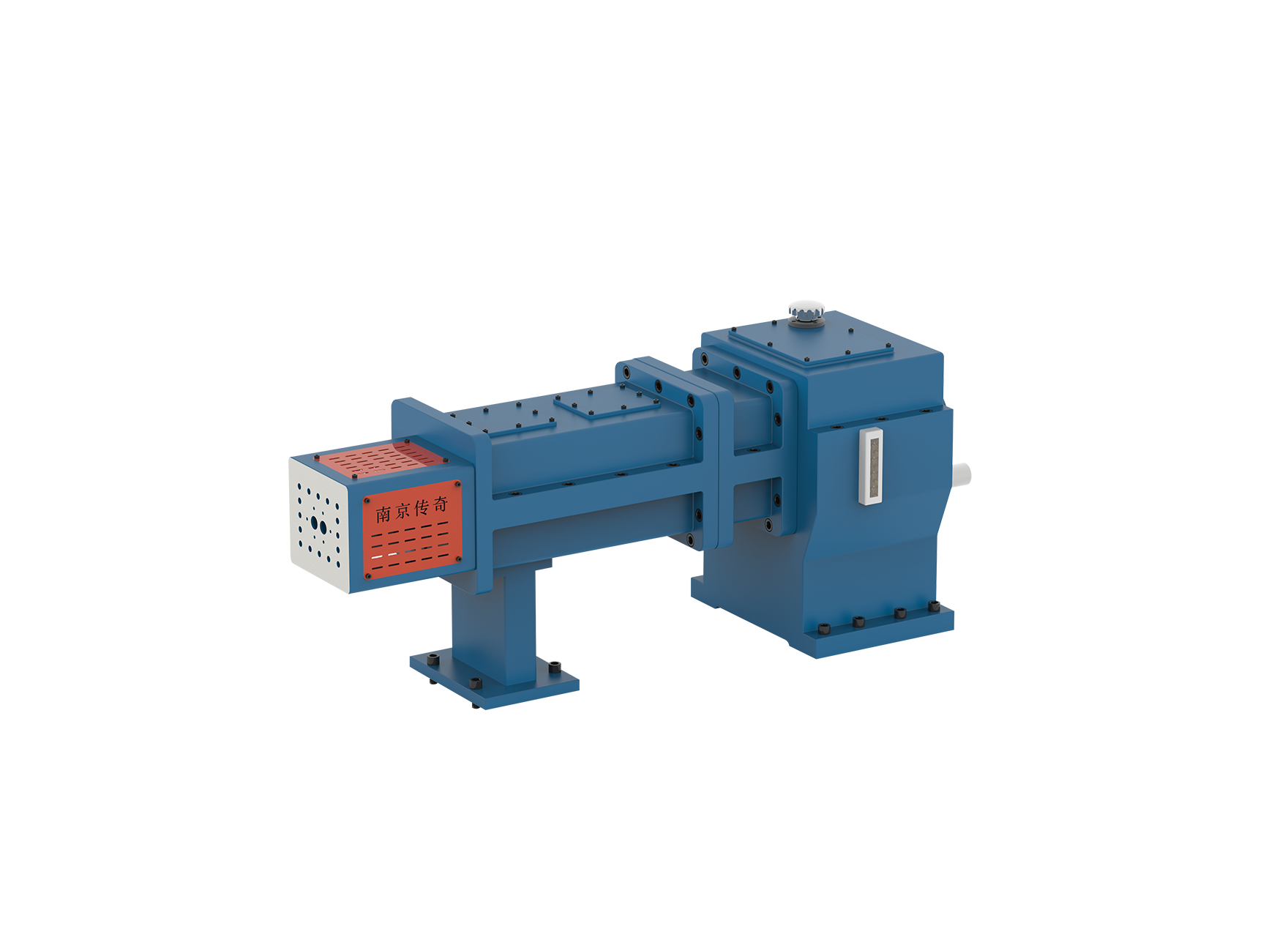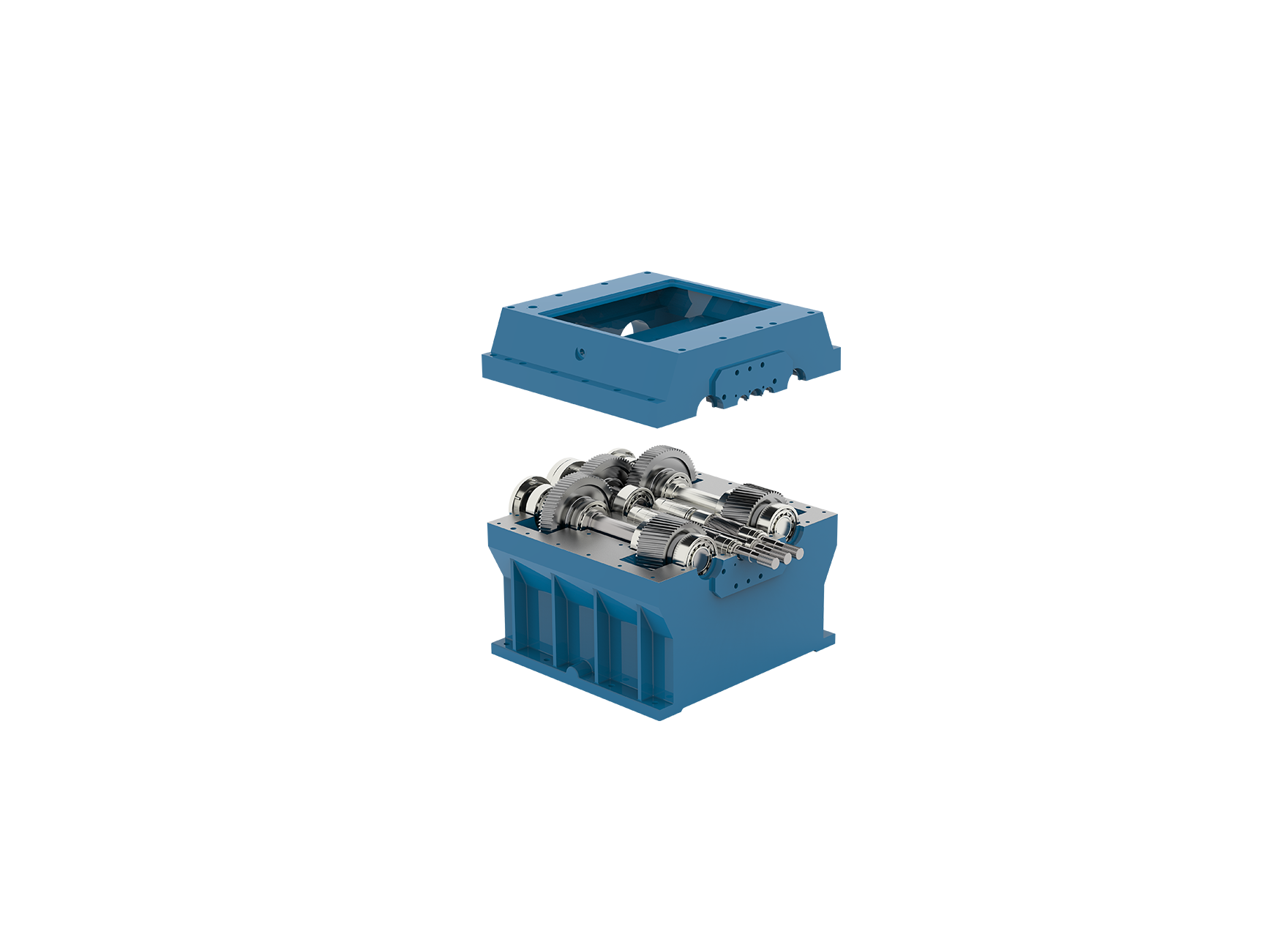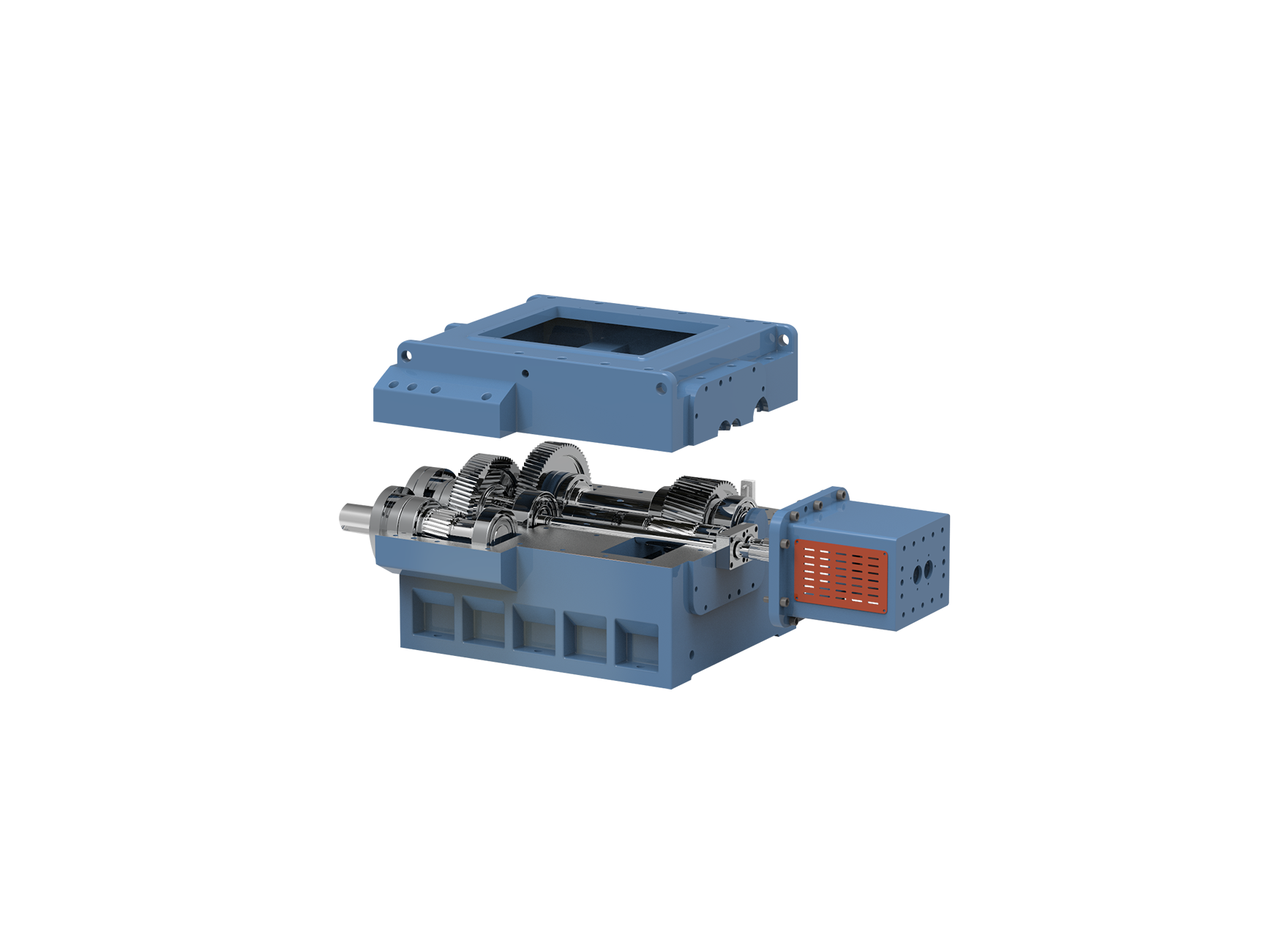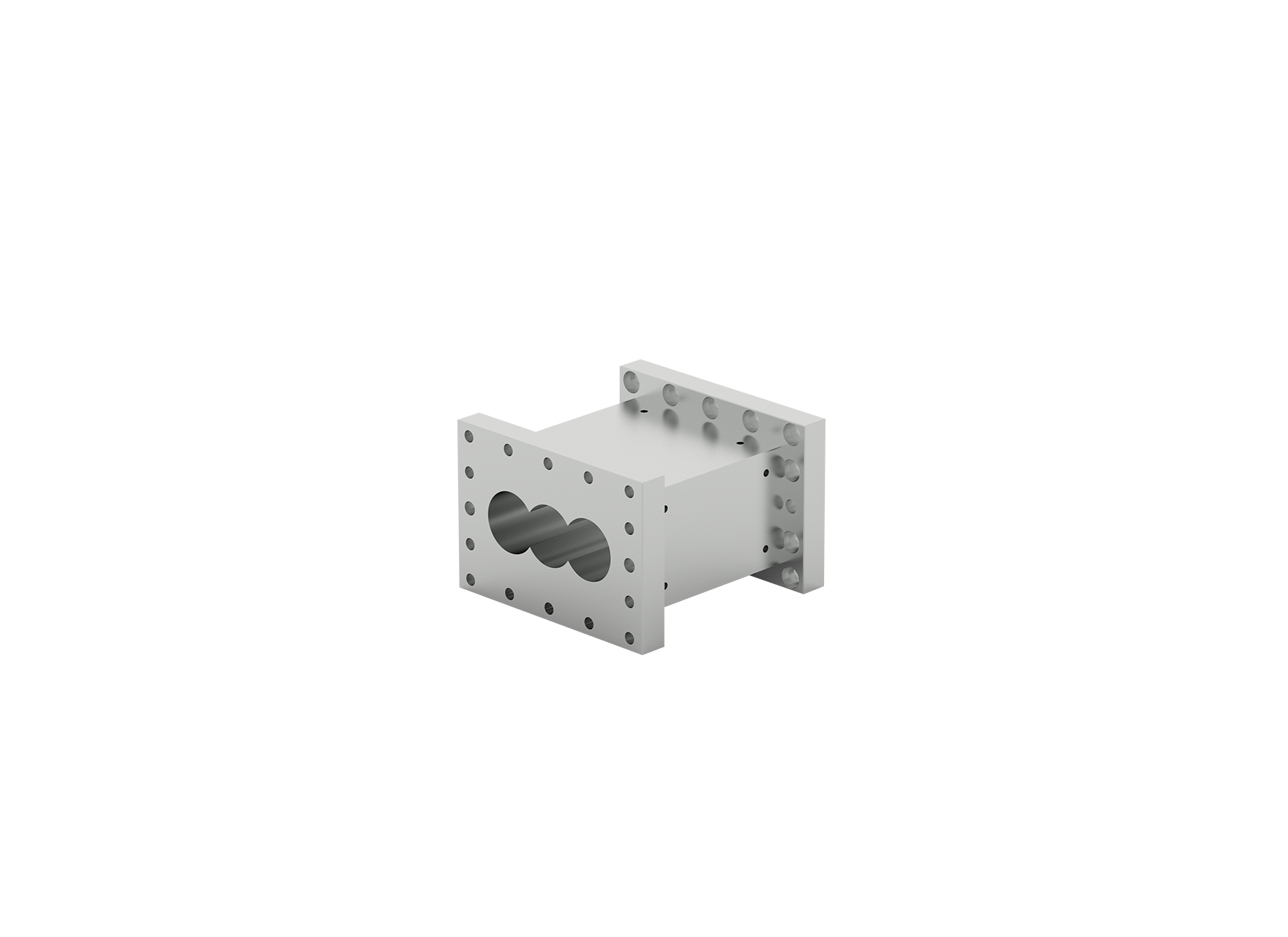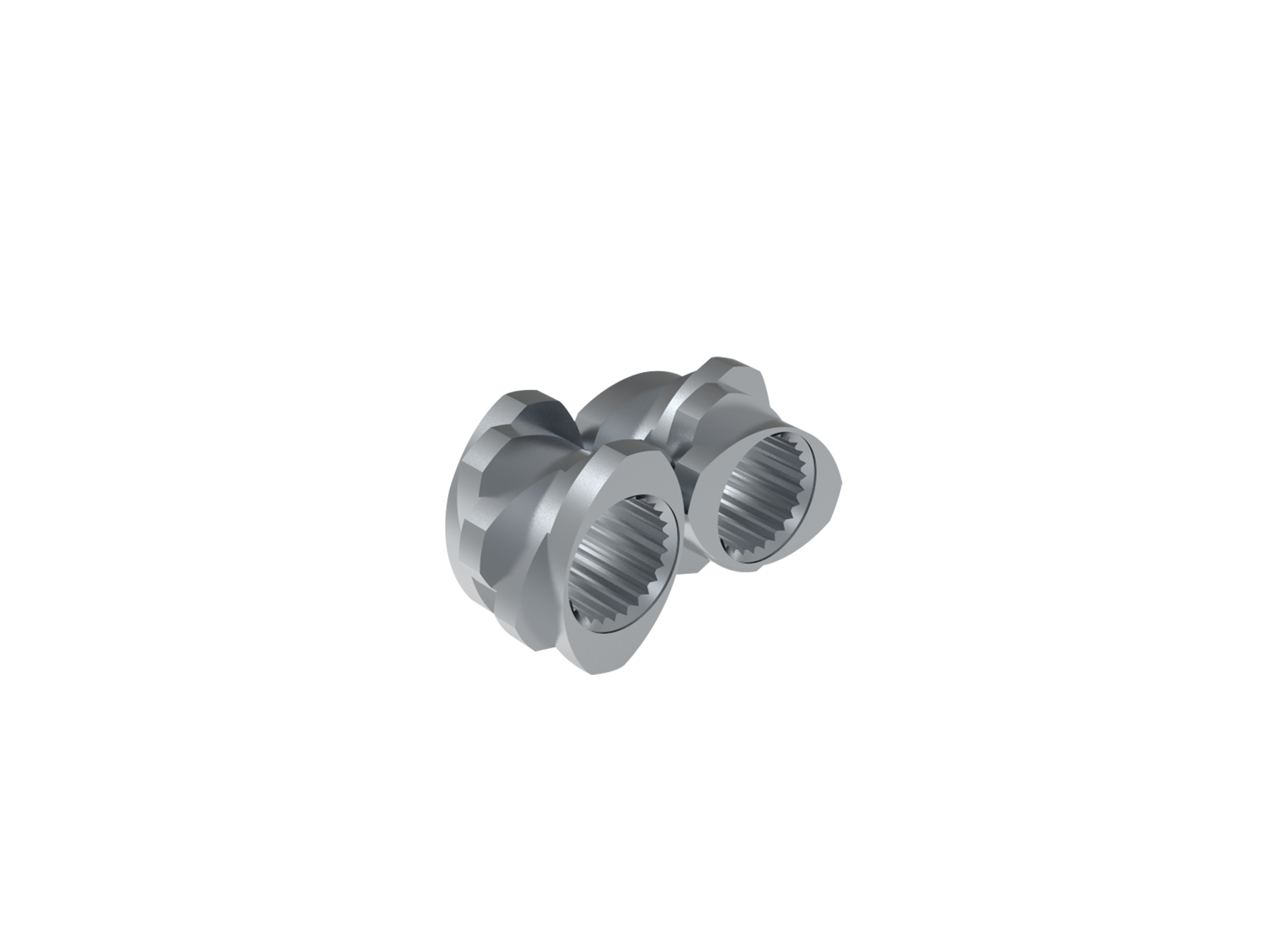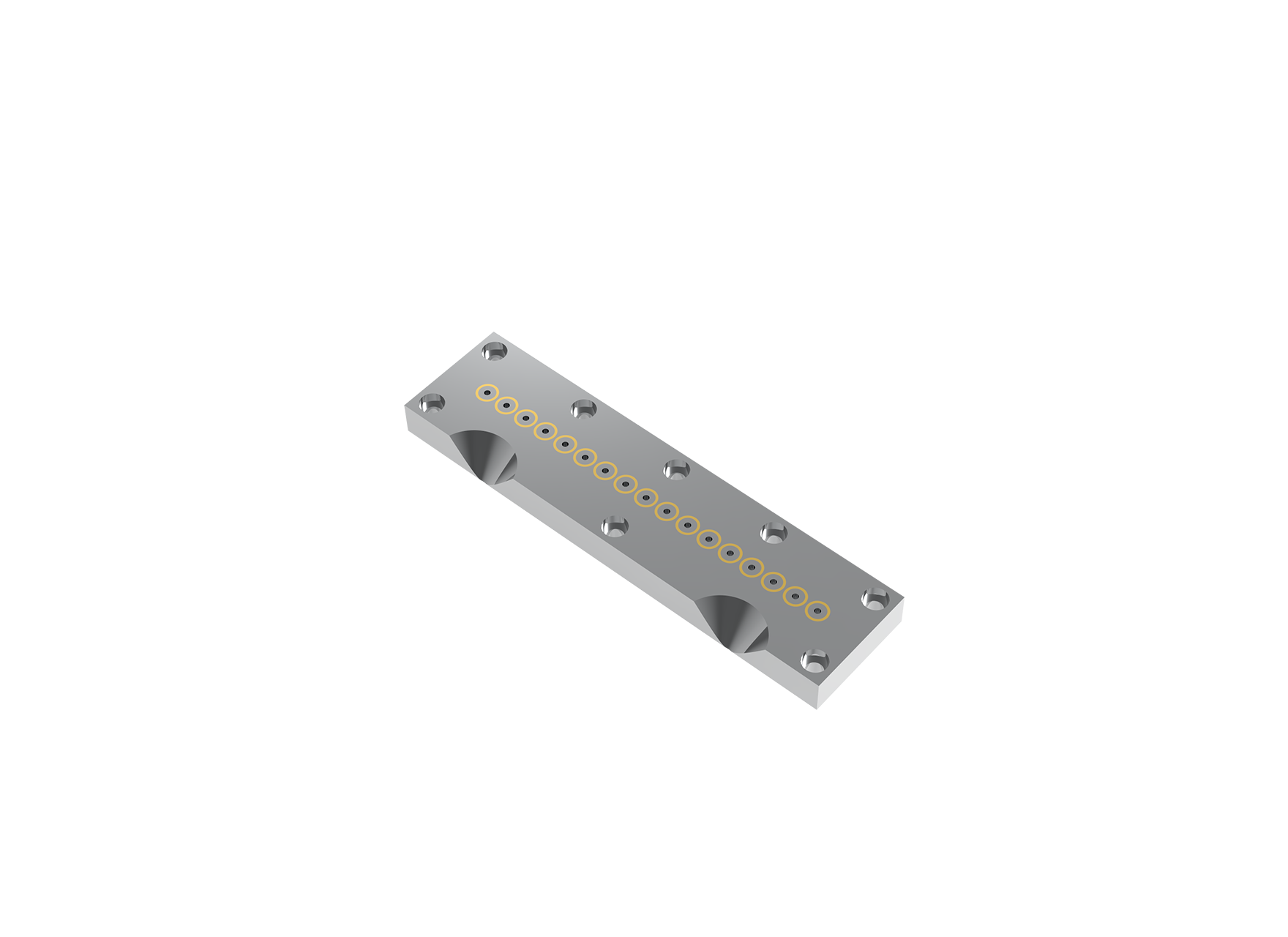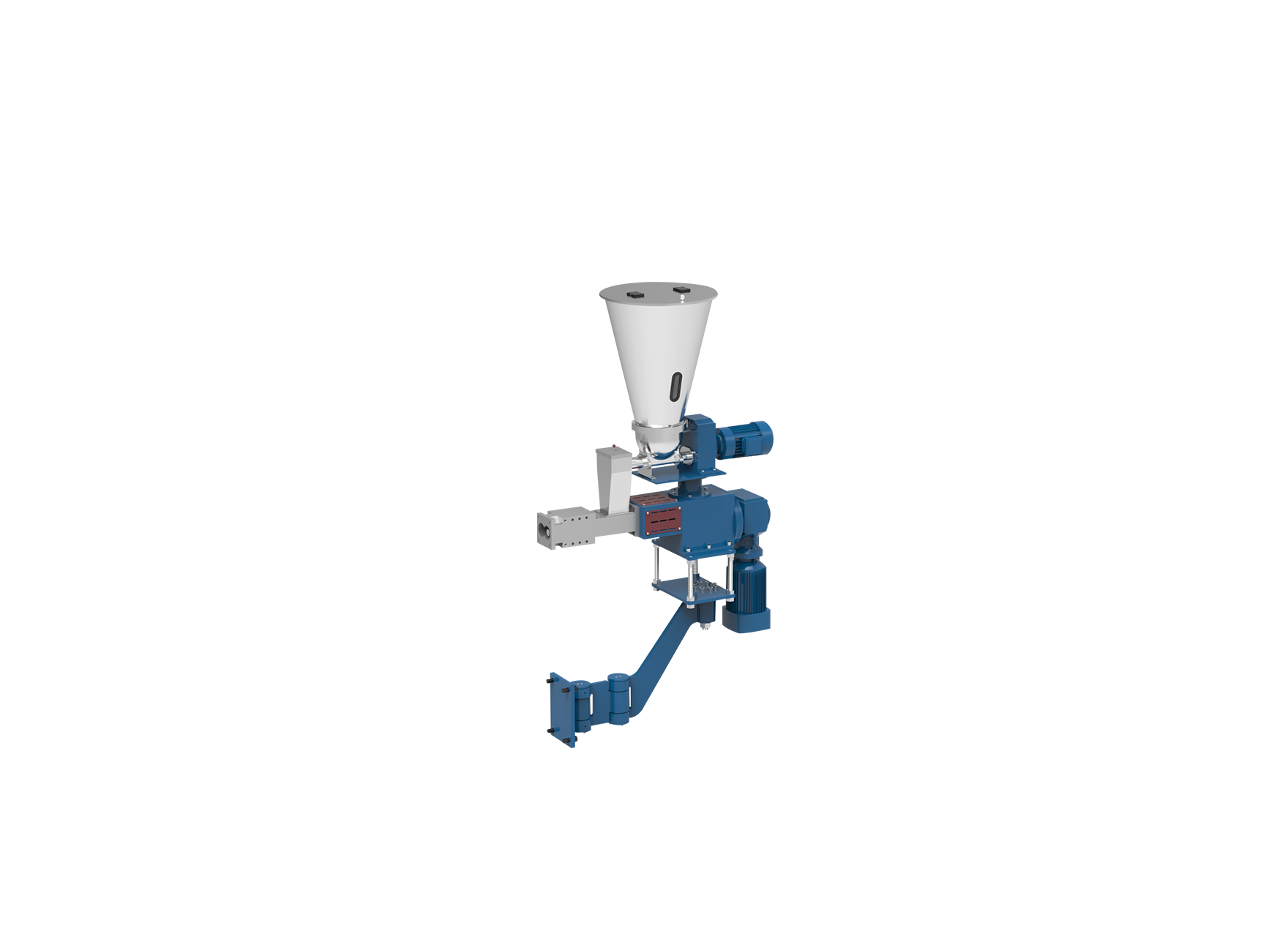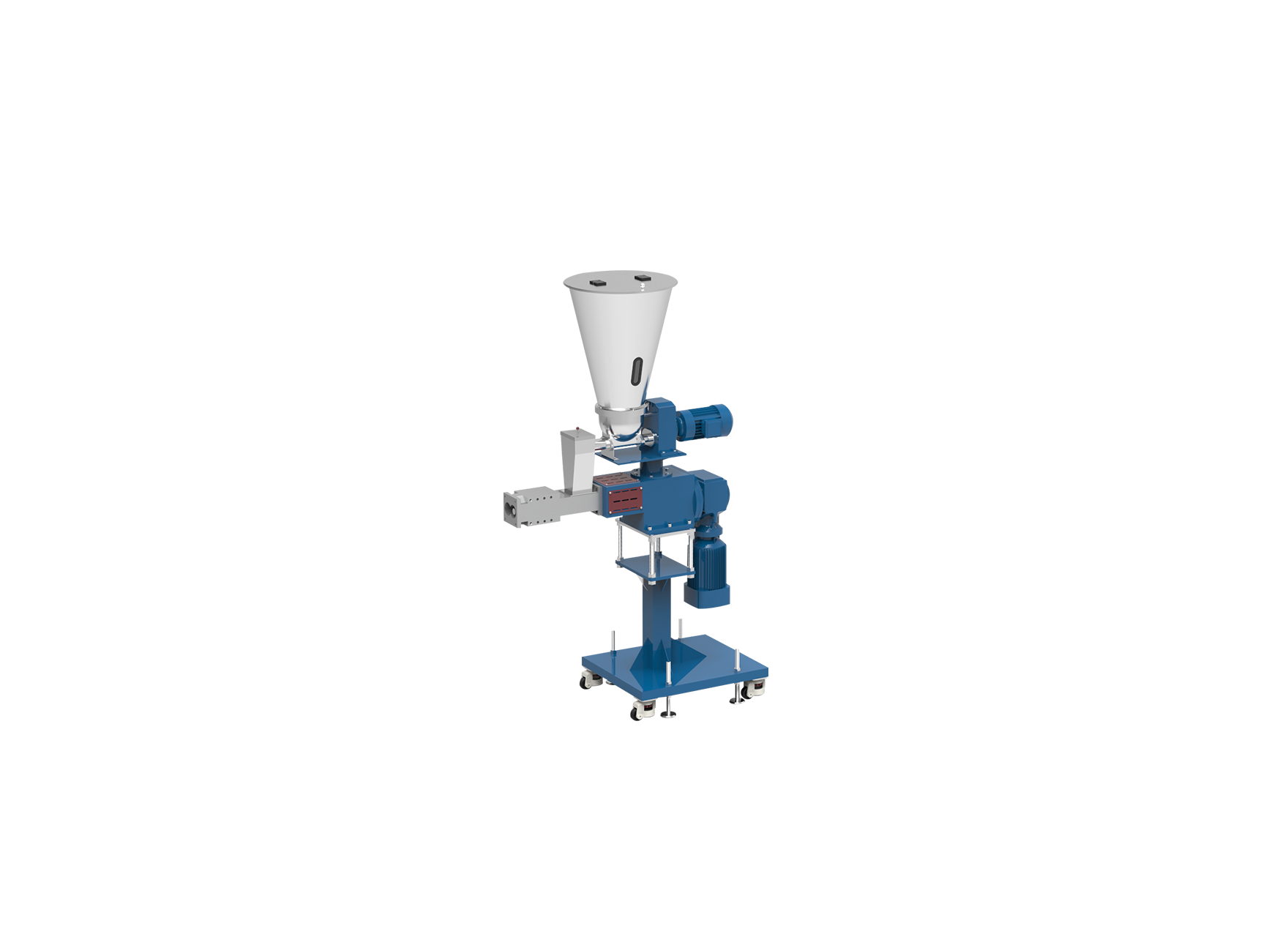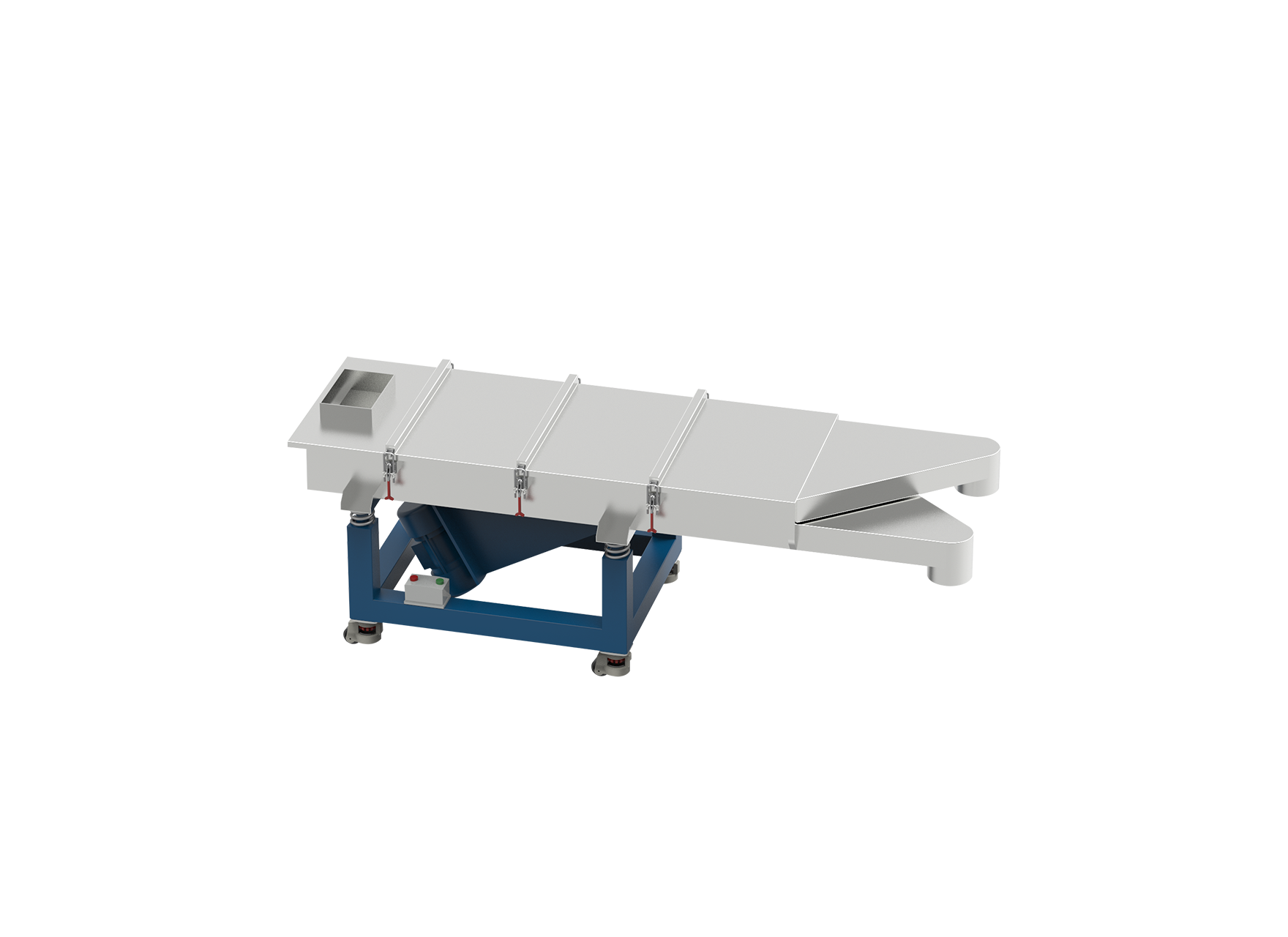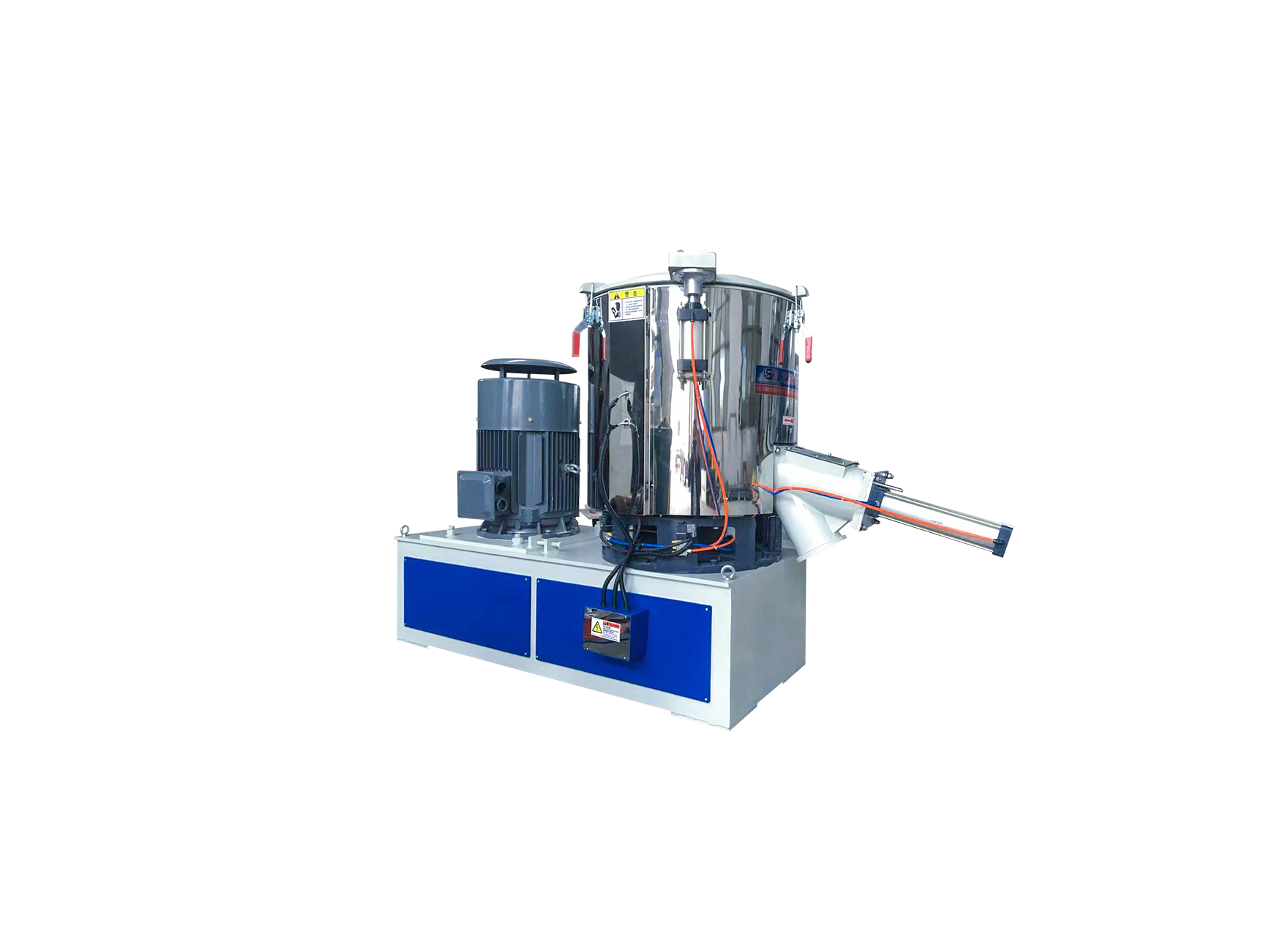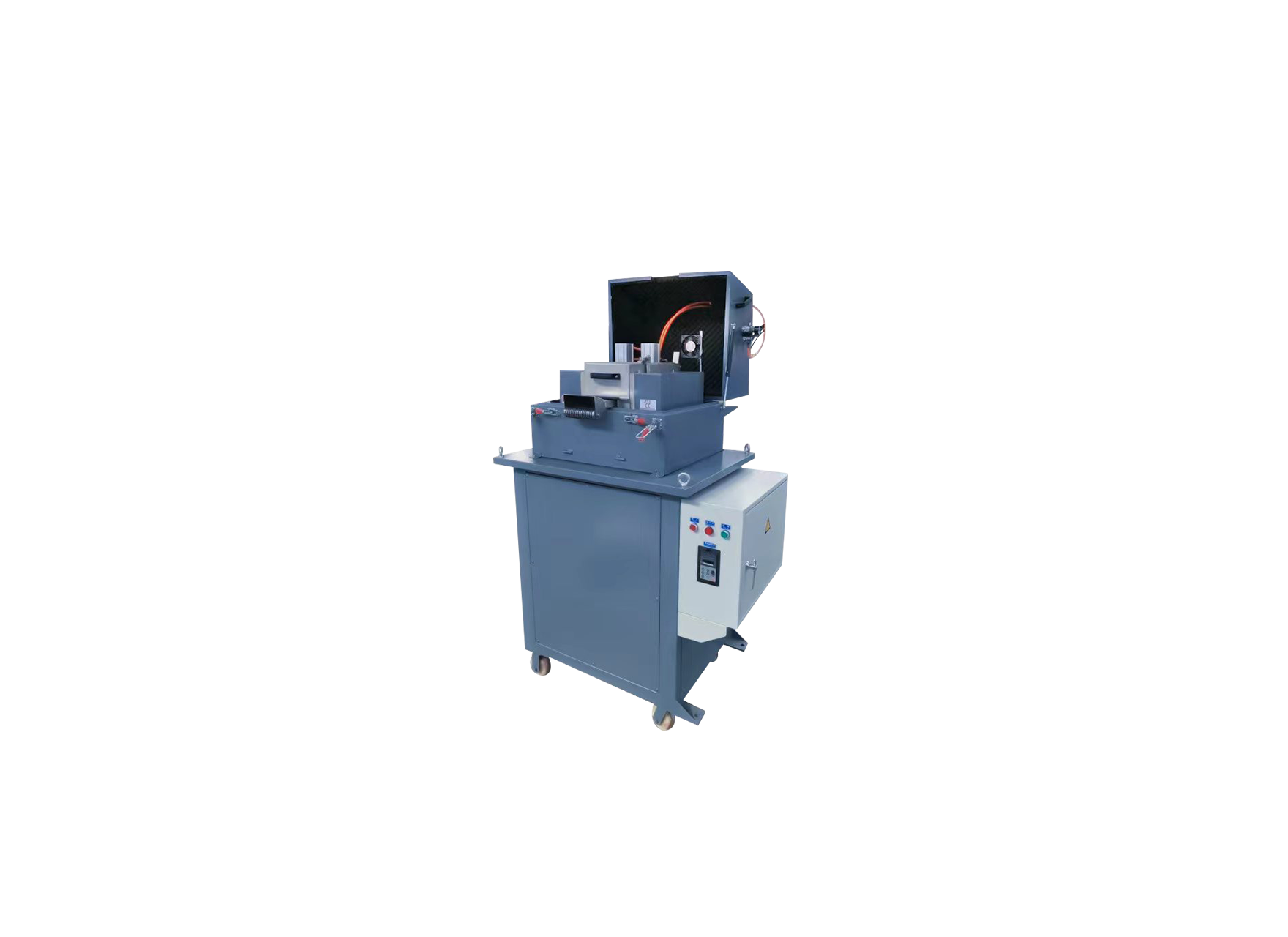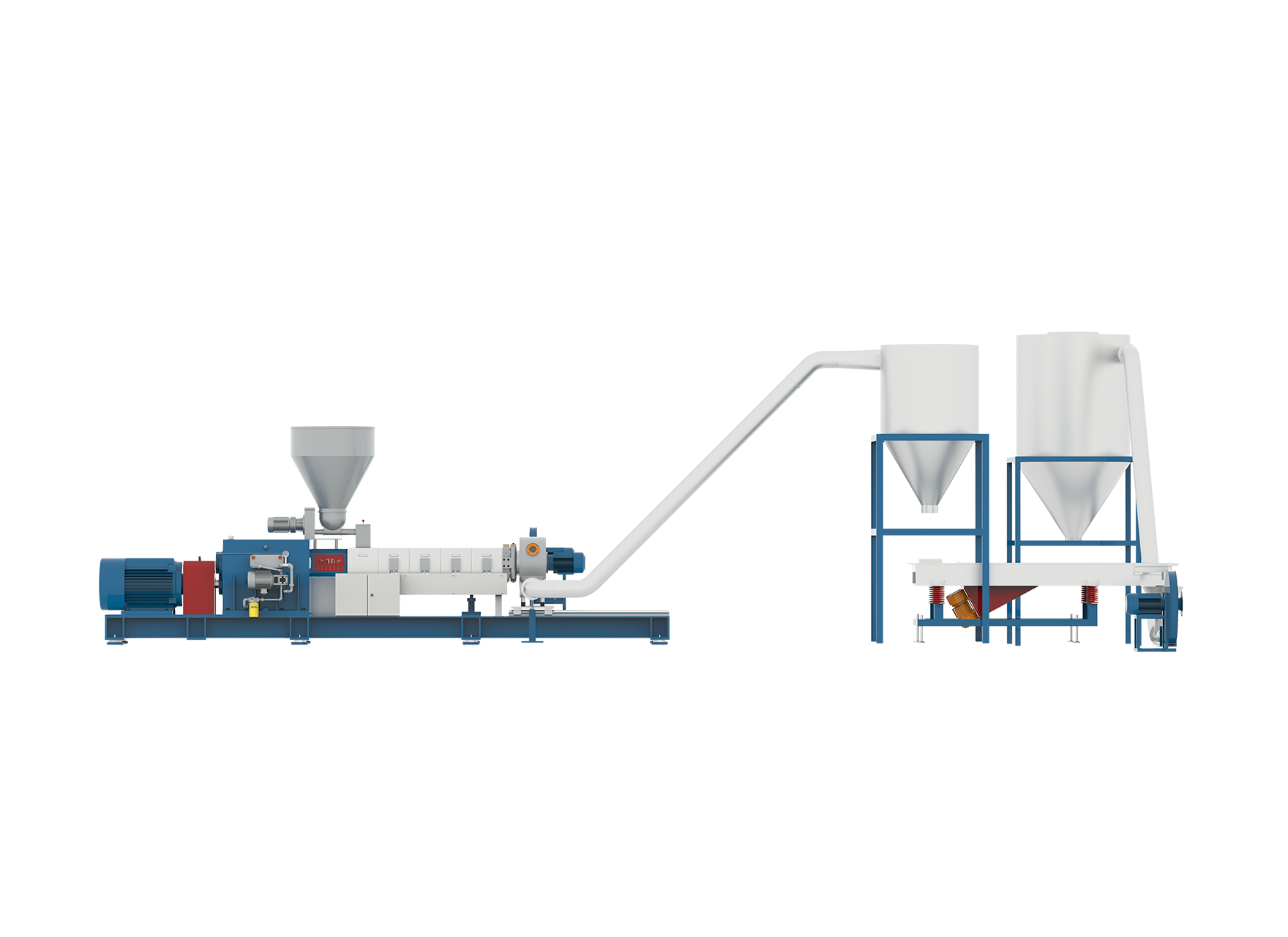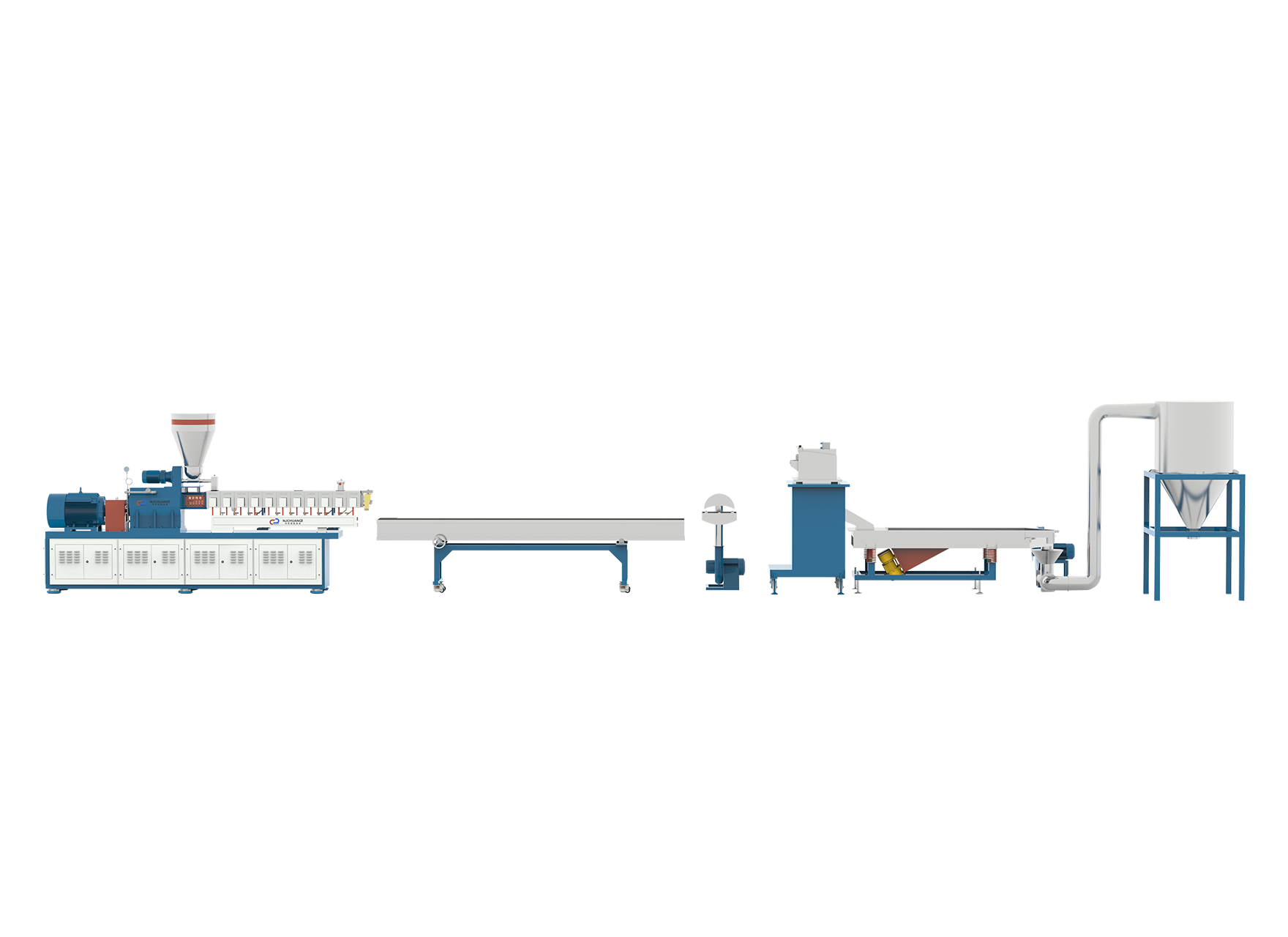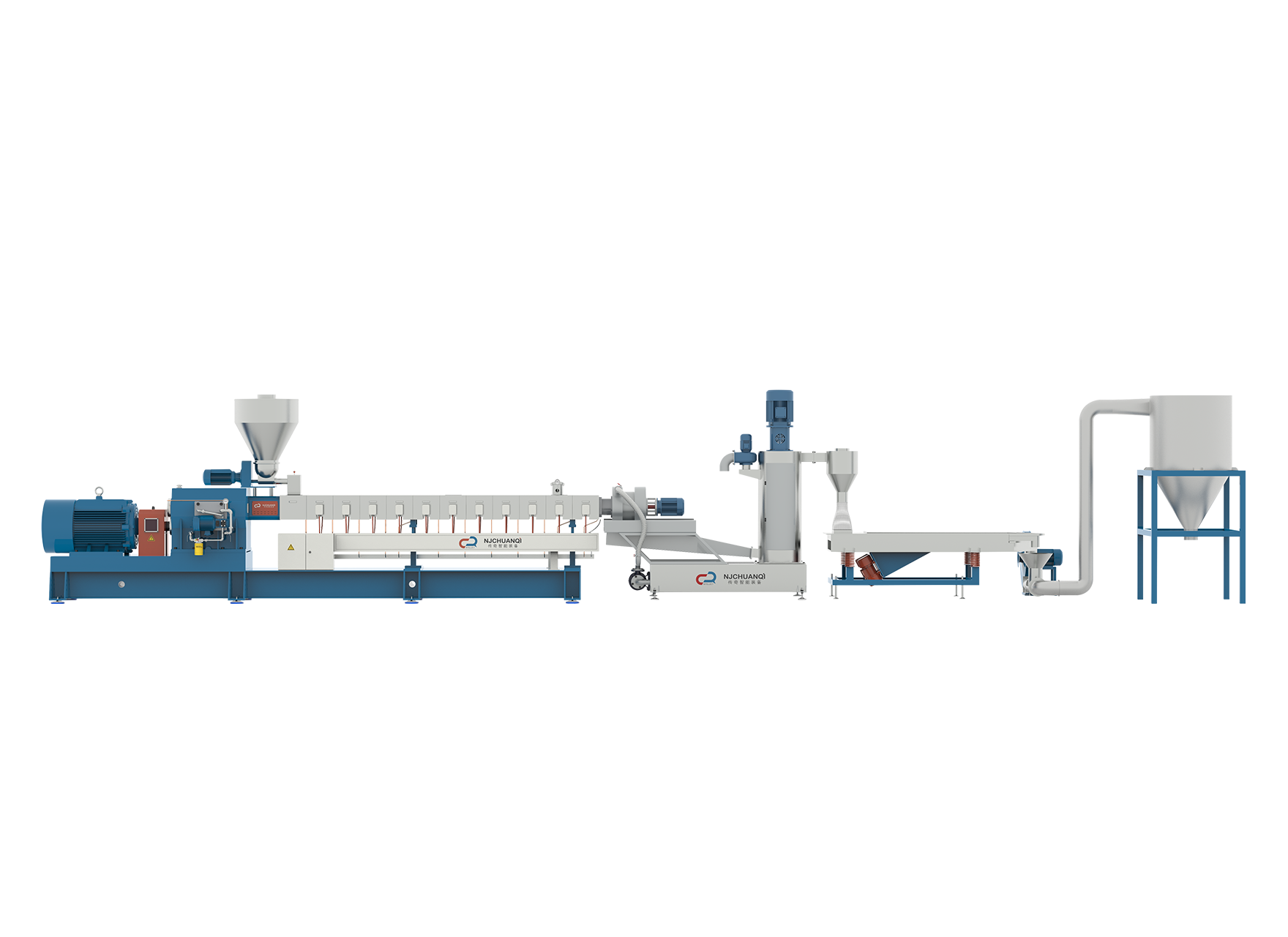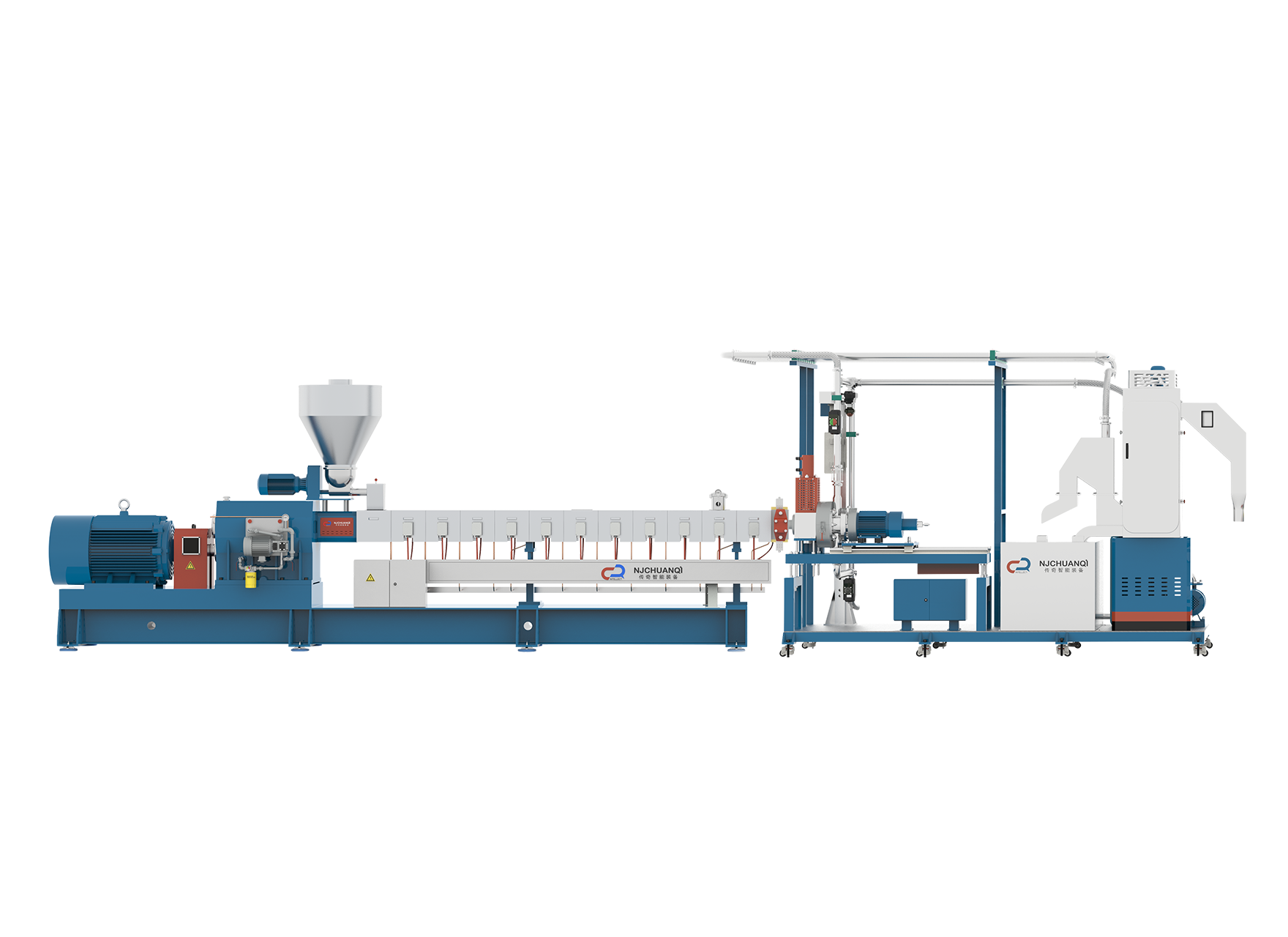Custom ODM Laboratory Twin Dual Screw Extruder Exporter
In the realm of polymer processing, the Laboratory Twin Screw Extruder and Dual Screw Extruder have emerged as critical tools for producing high-performance plastic products. These machines are not merely pieces of equipment; they are the backbone of innovation in material science, enabling researchers and manufacturers to push the boundaries of what is possible with plastics.
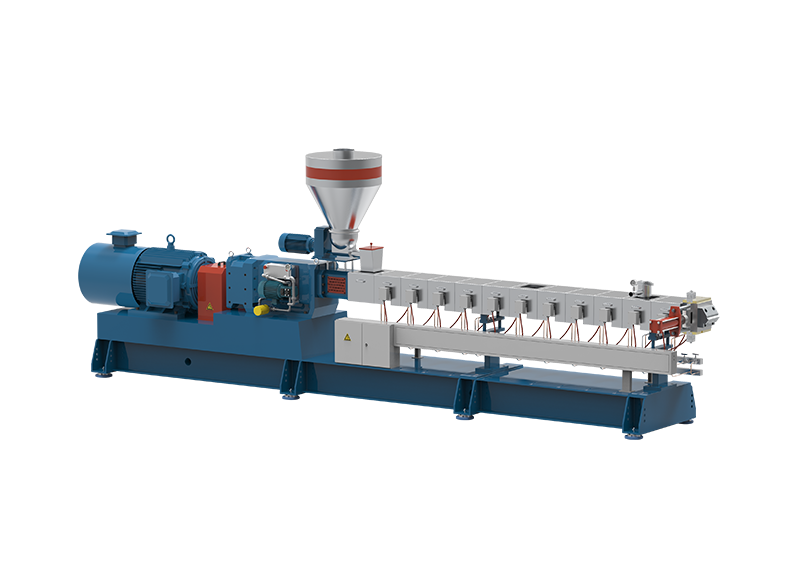
The Laboratory Twin Screw Extruder, often found in research and development settings, is designed to handle a wide range of materials and processes. Its versatility is good, offering the ability to mix, compound, and extrude various polymers with precision. This precision is crucial for developing new materials with specific properties, such as improved strength, durability, or heat resistance. The Laboratory Twin Screw Extruder's ability to process small batches allows for rapid prototyping and testing of new formulations, which is invaluable in the development of high-performance plastics.
Dual Screw Extruders, on the other hand, are workhorses in industrial production. They are designed for continuous operation, ensuring a consistent output of high-quality plastic products. The Dual Screw Extruder's twin screw configuration provides several advantages over single-screw extruders. The increased surface area of the screws allows for more efficient heat transfer, which is essential for controlling the temperature of the molten polymer. This temperature control is critical for producing plastics with consistent properties.
Secondly, the counter-rotating screws of the Dual Screw Extruder create a self-wiping mechanism that prevents material from lingering in the machine. This feature is particularly important when processing heat-sensitive materials or when changing from one material to another, as it reduces cross-contamination and ensures product purity. In the production of high-performance plastics, purity and consistency are paramount.
Another significant advantage of both Laboratory Twin Screw Extruders and Dual Screw Extruders is their mixing capabilities. The intermeshing screws create a highly effective mixing environment, which is essential for blending different polymers or adding fillers and reinforcements. This mixing process is critical for achieving the desired properties in high-performance plastics, such as improved impact resistance or flame retardancy.
The Laboratory Twin Screw Extruder and Dual Screw Extruder also offer good control over the extrusion process. The screws can be designed and configured to meet specific process requirements, allowing for precise control over the flow rate, pressure, and temperature. This level of control is necessary for producing plastics with tight tolerances and consistent dimensions, which are often required in high-performance applications such as automotive parts, aerospace components, and electronics housings.
In addition to their processing capabilities, both Laboratory Twin Screw Extruders and Dual Screw Extruders are known for their energy efficiency. The efficient mixing and processing action of the screws reduces energy consumption compared to other types of extruders. This energy efficiency not only lowers production costs but also aligns with the growing demand for sustainable manufacturing practices.
Lastly, the adaptability of Laboratory Twin Screw Extruders and Dual Screw Extruders cannot be overstated. They can be equipped with various downstream equipment to produce a wide range of products, from films and sheets to profiles and pipes. This adaptability ensures that these extruders remain at the forefront of plastic product innovation, capable of meeting the evolving needs of the market.
The Laboratory Twin Screw Extruder and Dual Screw Extruder offer a suite of advantages that make them indispensable in the production of high-performance plastic products. Their versatility, precision, mixing capabilities, control, energy efficiency, and adaptability are the keys to unlocking new possibilities in polymer processing and the development of advanced plastics that meet the demands of a wide range of industries.

 English
English 中文简体
中文简体 русский
русский عربى
عربى +86-189 1339 2785
+86-189 1339 2785
